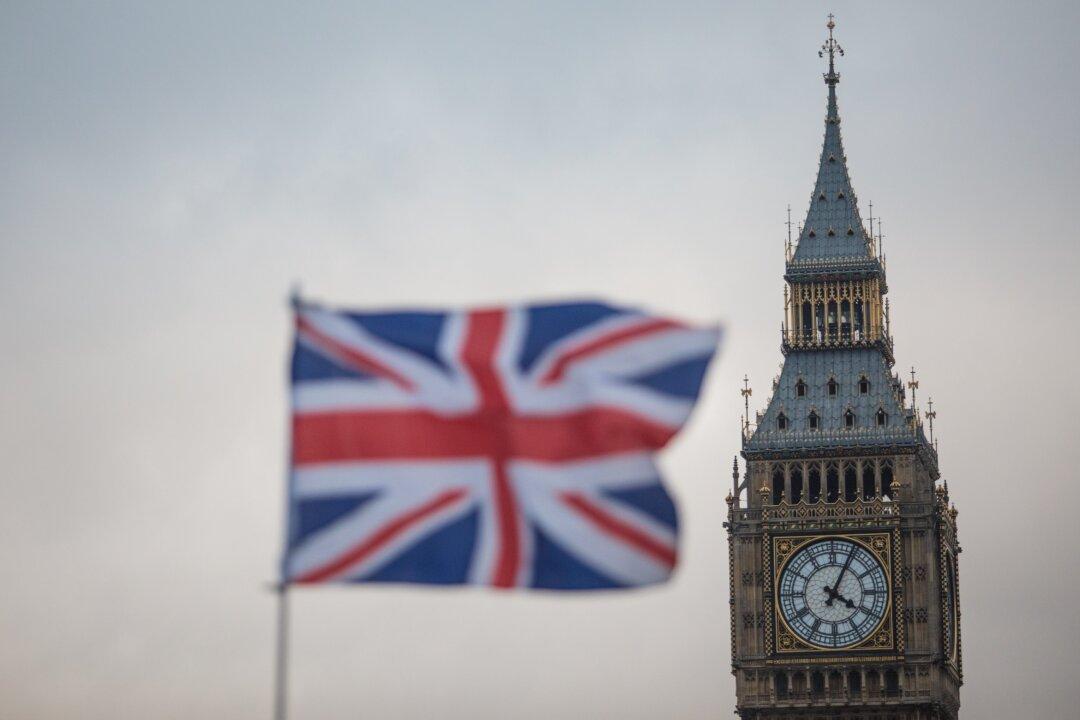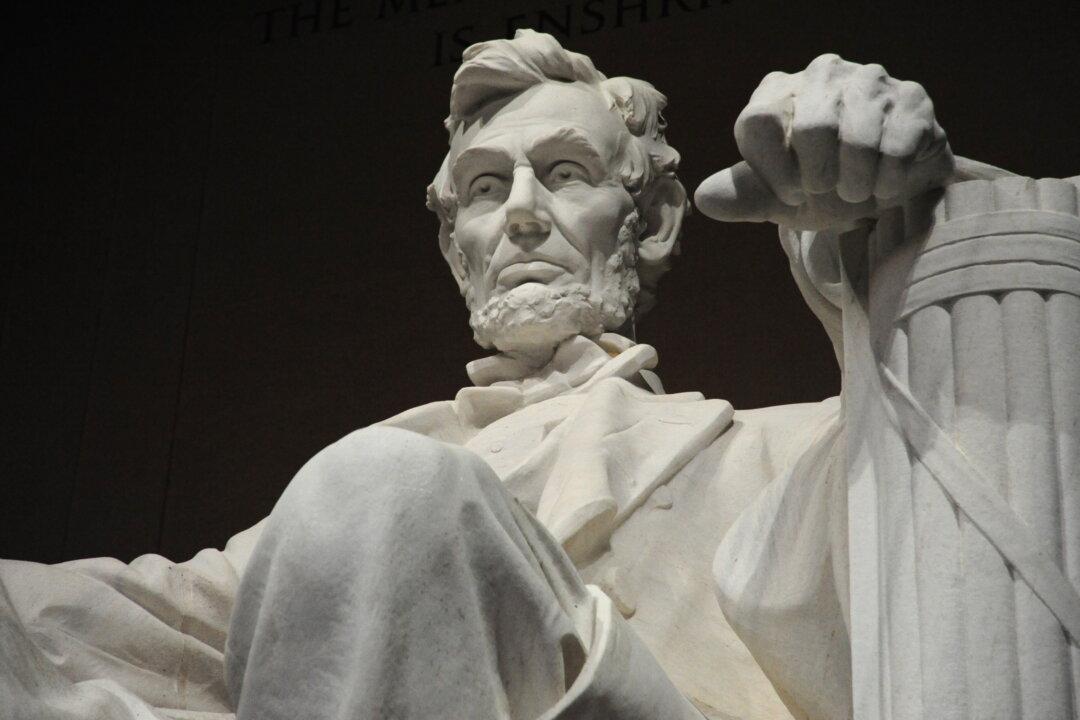Commentary
What’s next for Britain’s Conservatives, after having suffered a major defeat in the UK’s recent general election, removed from office after governing for 14 years, abandoned by millions of voters who either refused to vote or protested by voting Reform UK, and replaced by a Labour government of which little is expected by a dispirited electorate?





